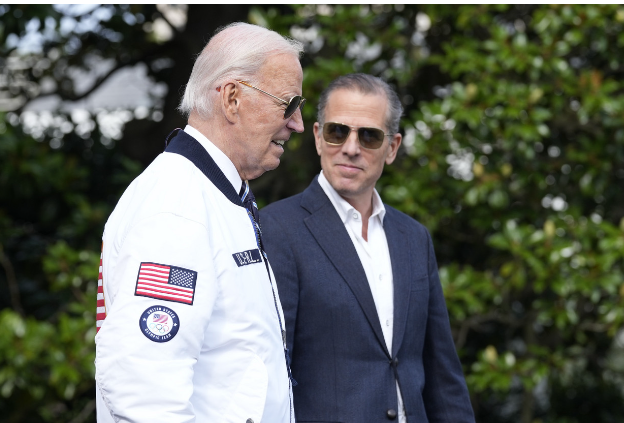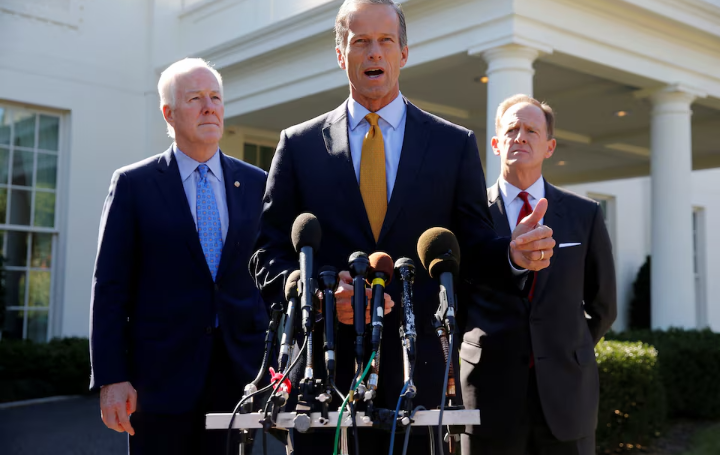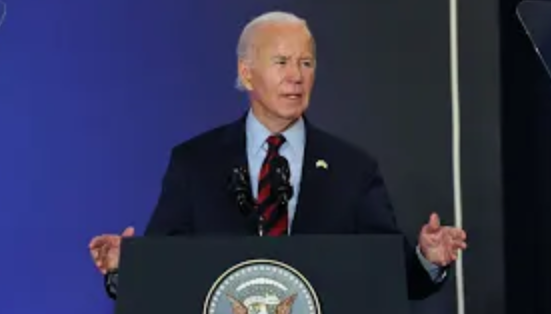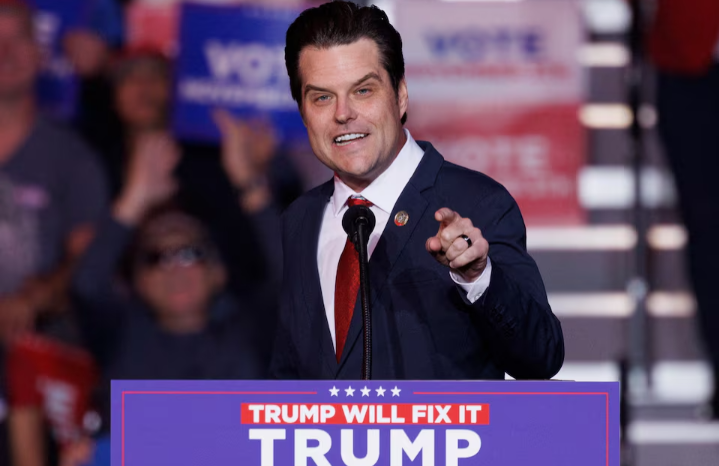In a controversial decision, President Joe Biden issued a pardon for his son, Hunter Biden, prompting an intense wave of criticism from both Democrats and Republicans. The White House defended the move, citing concerns over potential legal targeting by the incoming Trump administration. Critics, however, labeled the decision as a misuse of executive power, suggesting it undermines trust in the judicial process and sets a troubling precedent for presidential pardons.
The pardon comes after Hunter Biden faced convictions for tax evasion and firearm offenses. His legal team argued that these charges were politically motivated, pointing to alleged unfair targeting due to his father’s position. Despite fully paying back taxes in 2021, Hunter’s sentencing was set for weeks before his father’s term ends, raising questions about timing and political influence on the legal proceedings.
President Biden’s decision contrasts with his earlier stance of not intervening in his son’s legal battles, further fueling public and media scrutiny. While the White House insists the pardon was based on fairness and protection from political vendettas, opponents accuse Biden of protecting his family at the expense of judicial integrity.
The political implications are profound as President-elect Donald Trump has repeatedly vowed to investigate the Biden family. This adds another dimension to an already divisive political landscape, where both sides accuse the other of weaponizing the legal system for partisan gains.
As public debate intensifies, the pardon has ignited discussions about the balance between presidential power and accountability. It underscores broader concerns about the erosion of public confidence in institutions, setting the stage for heightened polarization as the new administration takes office.





